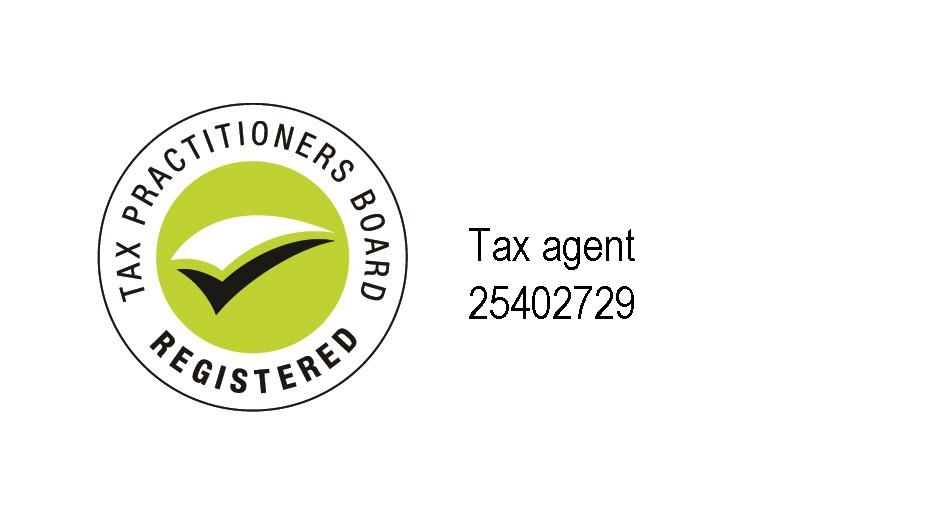Treasury Introduces Permanent Identifiers for Directors

Key Points:
- Treasury law amendments have passed to introduce a new Director Identification Number (DIN) regime
- DIN will be similar to a driver’s unique licence number
- Will ensure traceability of a director’s relationships across companies, enabling better tracking of directors of failed companies
Treasury Laws Amendment (Registries Modernisation and Other Measures) Bill 2019 has now been passed, which aims to introduce a new Director Identification Number (DIN) regime.
It is believed the new DIN would be similar to a driver’s unique licence number and allows regulators to minimize illegal or fraudulent behavior by directors. The purpose is to ensure traceability of a director’s relationships across companies, enabling better tracking of directors of failed companies. The new process also aims to prevent:
- the use of fictitious identities
- combat phoenix activity
- reduce the time and cost for administrators and liquidators during the insolvency process by providing a more streamlined tracking of directors and their corporate history.
A DIN will be required by all existing and new directors, which will act as a unique identifier, to be kept permanently, even if they cease to be a director. Under the new requirements, new directors will have to apply for a DIN before they are appointed as a director, unless the period is extended by the regulations or unless they are provided an exemption or extension by the registrar.
Those appointed as a director within the first 12 months of the new regime’s operation will also be granted an additional 28 days to apply for a DIN. A transitional period for existing directors will be specified by a legislative instrument made by the minister.
There will be civil and criminal penalties for directors who fail to apply for a DIN within the applicable time frame, and for conduct that undermines the new laws, including providing false identity information to the registrar or intentionally applying for multiple DINs.
Treasury also expects the new DIN regime will increase compliance costs on directors (estimated to be approximately $21.5 million per year on average over 10 years). It expects most of the regulatory burden will occur in the first 18 months as existing directors fulfil their obligation to obtain a DIN.
The bill will also put in place a modern government registry that will unify the Australian Business Register (ABR) and 31 existing registers administered by ASIC. The unified Commonwealth business registers will be operated by the Australian Business Register at the ATO. It aims to make it easier for businesses to meet their registration obligations, make business information more trusted and valuable, and improve the efficiency of registry service transactions. The ATO will work alongside the Treasury; ASIC, the Department of Industry, Innovation and Science, and the Digital Transformation Agency, to deliver the Modernising Business Registers program.
Despite the passage of the bill, ASIC has warned that it may take up to two years to set up a new system. “We want to build the Director Identification Number system onto the new platform, not old technology that’s more than 30 years old,” ASIC executive director Warren Day told a parliamentary committee earlier this year.
If you have any questions or need advice and clarity specific to your business, feel free to contact Semmens & Co on 03 8320 0320 for a free consultation.







